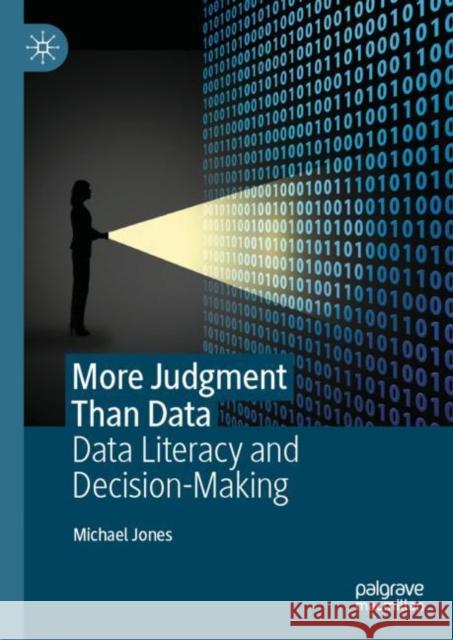More Judgment Than Data: Data Literacy and Decision-Making » książka
topmenu
More Judgment Than Data: Data Literacy and Decision-Making
ISBN-13: 9783030994716 / Angielski / Twarda / 2022 / 123 str.
More Judgment Than Data: Data Literacy and Decision-Making
ISBN-13: 9783030994716 / Angielski / Twarda / 2022 / 123 str.
cena 402,53
(netto: 383,36 VAT: 5%)
Najniższa cena z 30 dni: 385,52
(netto: 383,36 VAT: 5%)
Najniższa cena z 30 dni: 385,52
Termin realizacji zamówienia:
ok. 16-18 dni roboczych.
ok. 16-18 dni roboczych.
Darmowa dostawa!
Kategorie:
Kategorie BISAC:
Wydawca:
Springer Nature Switzerland AG
Język:
Angielski
ISBN-13:
9783030994716
Rok wydania:
2022
Ilość stron:
123
Wymiary:
21.0 x 14.8
Oprawa:
Twarda
Dodatkowe informacje:
Wydanie ilustrowane











